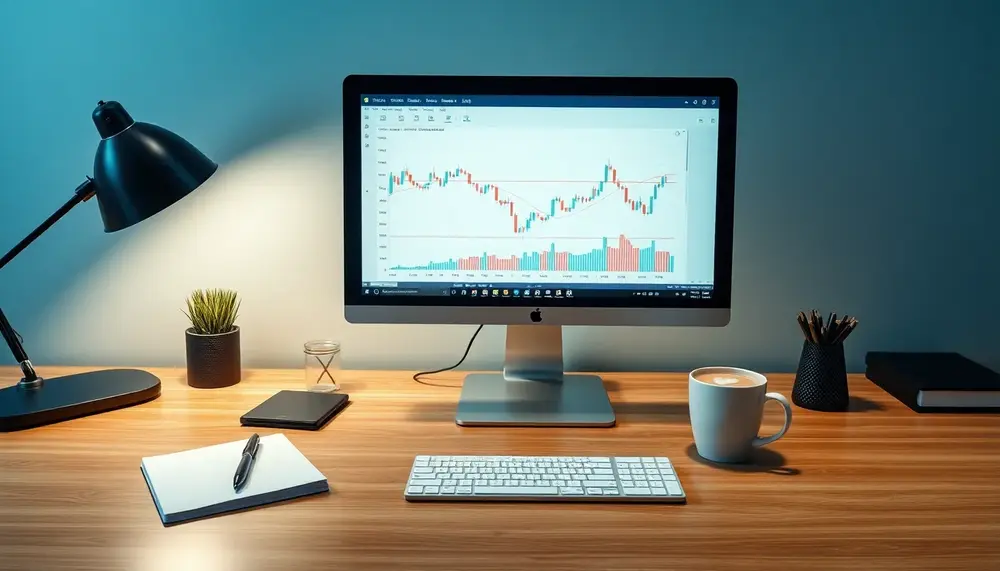A Comprehensive Look at 'Flipping' in Cryptocurrency Options Trading
In the vast world of option trading with cryptocurrencies, you'll often come across several jargons. One such term is 'flipping'. But what exactly is flipping? Let's delve into understanding this term.
Understanding Option Trading
Before we can fully understand what 'flipping' is in the context of option trading with cryptocurrencies, you need to have a basic understanding of what option trading itself entails. Option trading revolves around buying and selling derivative contracts. These contracts give you the option but not the obligation, to purchase or sell a set amount of a specific cryptocurrency, at a pre-determined price before a fixed expiry date.
What is 'Flipping'?
'Flipping' is a term widely used in the finance sector, which in the context of cryptocurrency options trading, refers to a strategic move. It involves buying an option contract at a low price and then reselling (or flipping) it at a higher price for profit. This strategy relies heavily on market volatility and the speculative nature of cryptocurrencies.
Why is it Called 'Flipping'?
The term 'flipping' possess a somewhat visual element. Think of tossing a coin. A coin flip has two potential outcomes - heads or tails, similar to the chances a trader takes when flipping an option. They buy with hopes that it will increase in value (heads) and provide a profitable selling price, but it's equally possible that the value could depreciate (tails), leading to a loss.
The Risk and Reward of 'Flipping'
Flipping can be a risky strategy. It requires a shrewd understanding of the market conditions and the movements of the specific cryptocurrency. This strategy relies on the premise that the price of the cryptocurrency will rise. If incorrect, the flip may result in a loss. However, the reward potential is high for those skilled in market timing, as profits can be substantial if predictions are accurate.
'Flipping' in Practice
Suppose a trader owned a Bitcoin options contract with a strike price of $10,000 and Bitcoin's market price suddenly soars to $15,000. They could 'flip' this option by selling it for a profit. The new owner would then have the opportunity to purchase Bitcoin at the much lower price of $10,000, benefiting everybody involved.
Conclusion
In summary, flipping in the context of option trading with cryptocurrencies is a speculation-based strategy involving buying and selling options contracts for profit. While it carries a level of risk, successful flips can lead to substantial gains, making it an attractive strategy for those comfortable with high-risk, high-reward trading.




